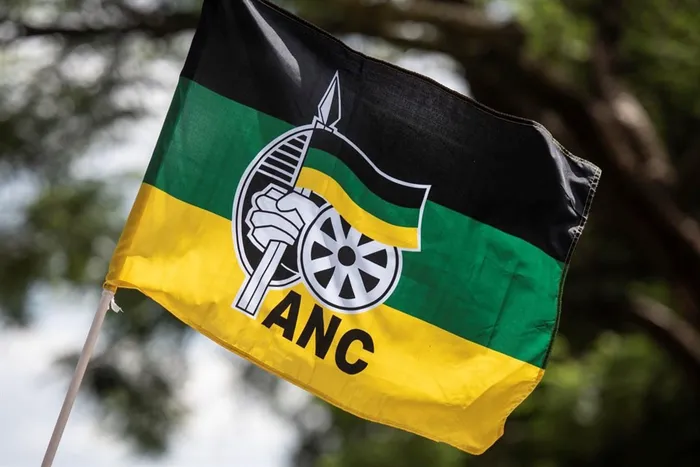
Political turmoil as the ANC struggles with corruption as the 2026 elections approach
Image: IOL / Independent Newspapers
As political parties begin to prepare for the crucial 2026 local government elections, the African National Congress (ANC) grapples with a series of damaging scandals that threaten its electoral prospects and reputation as the former liberation movement.
Central to these controversies is the recent scandal involving police minister Senzo Mchunu, a prominent ANC figure, whose alleged misconduct threatens the party's image as a trustworthy custodian of public interest.
At the weekend, KwaZulu Natal (KZN) police head Lieutenant General Nhlanhla Mkhwanazi claimed that Police Minister Mchunu had links to well-known tenderpreneur Vusimusi 'Cat' Matlala and that Mchunu had disbanded the KZN political killings task team to protect those involved.
Critics and political analysts argue that such scandals expose the corruption plaguing the ANC leadership.
Khaya Ndwandwe, a respected historian, commented on the situation, stating that the party has struggled to distance itself from damaging scandals.
"We had one of the former health ministers removed from his position due to alleged corruption activities, and one would have thought that the party was serious about rooting out corruption.”
“Now, we see another situation where one of the most respected leaders of the ANC, Mchunu, has engaged in actions that could be deemed among the darkest moments in South Africa’s history - working with criminals, protecting them from accountability. This is seriously damaging the integrity of the party."
Ndwandwe warned that these scandals are not isolated incidents but part of systemic issues that threaten the party’s future. With each new controversy, the ANC’s credibility diminishes further, making it difficult to rally voter confidence.
The ANC’s performance in KwaZulu-Natal (KZN), once a stronghold, has recently declined.
Historically, the province's backbone of the ANC’s support base has seen its vote share decrease amid ongoing allegations of corruption, factional disputes, and leadership crises.
Independent political analyst Joe Mhlanga pointed out that the party’s trust is eroding nationwide.
"We are witnessing the brewing of internal power struggles within the ANC, with contenders silently campaigning for the next presidency.
“In KZN, where support for Mnchunu was once strong, the scandals will cause ANC supporters to reassess their allegiance. The party's image as a trustworthy custodian of public interests is crumbling."
Mhlanga added that the ongoing scandals have far-reaching consequences.
"It will be difficult for the ANC to convince voters to support them when they see the leadership involved in corruption or the protection of corrupt colleagues," he said.
"This erosion of trust can lead to decreased voter turnout and support for other parties such as the Inkatha Freedom Party (IFP), Democratic Alliance (DA), and smaller parties seeking to capitalise on the ANC’s decline."
As political tensions mount, the ANC faces an uncertain future. The party’s internal leadership struggles and persistent allegations of corruption threaten to alienate voters further.
Historically, scandals involving high-ranking officials have given opposition parties opportunities to gain ground, and experts warn that this period could be no different.
Ndwandwe added, “The response from ANC leaders regarding corruption allegations has often been dismissive or defensive, rather than transparent and accountable.
“This approach only confirms to the public that the party is more interested in protecting its own than serving the people.”
The consequences extend beyond politics. As trust in political institutions continues to decline, there is a real danger that fewer South Africans will participate in elections altogether.
Mhlanga expressed concern that public disillusionment could lead to lower voter turnout, which might benefit opposition parties and weaken the ANC’s dominance.
"When people see that their votes don’t lead to meaningful change because leaders are entangled in corruption, they lose interest in participating. This disconnect threatens the very foundation of democratic legitimacy," he said.
He felt that failure to do so risks ceding ground to opposition parties and deepening South Africa’s political and economic crises.
“Whether the party can rebuild trust and reposition itself as a credible leader remains to be seen, but the stakes have never been higher.”
The ANC secretary general, Fikile Mbalula, said Mchunu will face the Integrity Committee.
thabo.makwakwa@inl.co.za
IOL Politics
Related Topics: